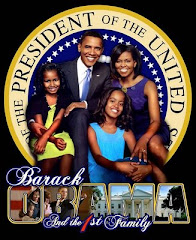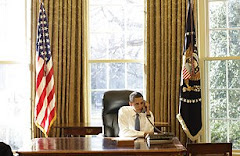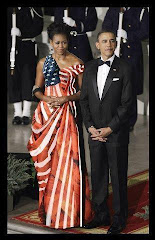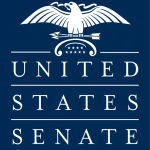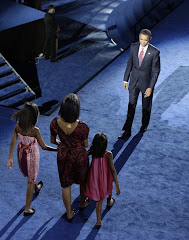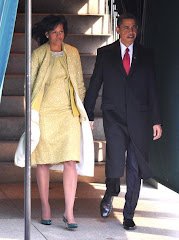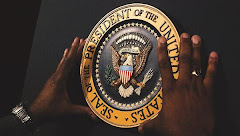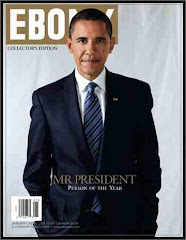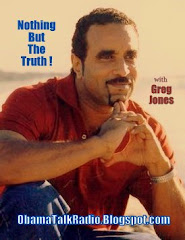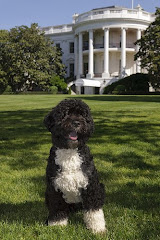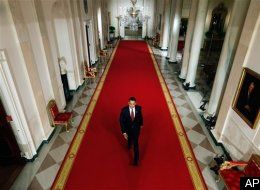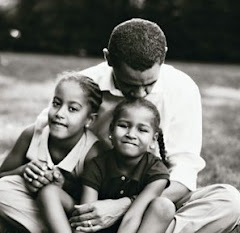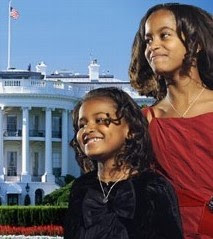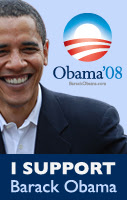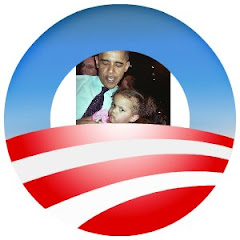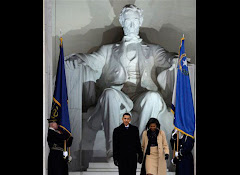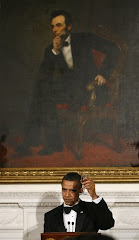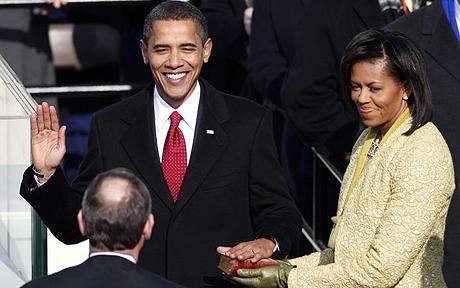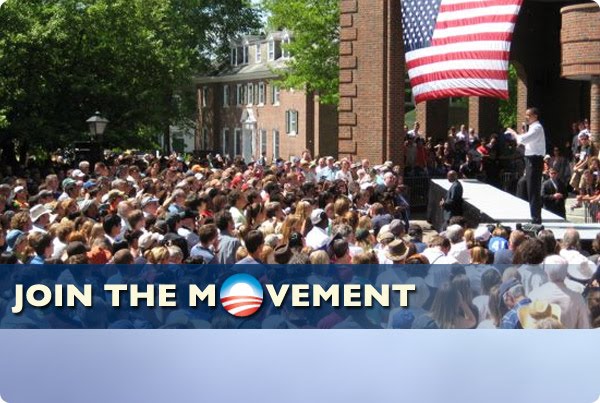
I was reminded of this on Saturday morning when Iowa Democratic Party officials staged a lengthy briefing for reporters to explain just how their caucus process works. For 90 minutes, Norm Sterzenbach, the party's political director, patiently walked reporters through the process. That included everything from rules for the media (remain quiet and do not get involved in caucus discussions) to mind-numbing formulas used to report results on the night of Jan. 3, 2008.Sterzenbach related a wonderful anecdote to us on Saturday morning to explain just how personal these caucus fights can be. Without offering any names, he explained that there are two women in Ft. Dodge who were on opposite sides of one of the most bitter of intraparty presidential contests in 1980, when Ted Kennedy challenged sitting President Jimmy Carter for the nomination. One woman was with the Kennedy forces, the other with the Carter operation. The two apparently have not spoken to one another since.
What's good about the caucus process is that it is very personal. Candidates talk directly to the voters, often more than once, as they campaign in the state. Campaign workers contact voters constantly with phone calls, direct mail, even personal visits from young and eager field organizers.Because the ultimate universe of caucus attendees is relatively small (only about 125,000 people participated in the Democratic caucuses in 2004), the amount of information every campaign is gathering about likely caucus participants can be staggering. In a year like this, that could mean some undecided voters will be contacted hundreds of times by the various campaigns. It's enough to try the patience of even the most dedicated activists -- one Iowan said Monday morning he's ready for the whole thing to be over -- but many seem to take it in stride.The most distinguishing feature of the caucuses, and what makes them far different from presidential primaries, is that when Iowans gather in schools and church basements and other places on caucus night, everything is out in the open. This can be intimidating for first-time participants, a fact that concerns every campaign this year that is looking to expand the traditional universe of caucus attendees. But it is the essence of Iowa's system. In a primary, voters quietly fill out their ballots and leave. In the caucuses, they are required to come and stay for several hours, and there are no secret ballots. In the presence of friends, neighbors and occasionally strangers, Iowa Democrats vote with their feet, by raising their hands and moving to different parts of the room to signify their support for one candidate or another.Few people outside Iowa understand the caucus process. As Sterzenbach acknowledged at one point during his briefing, for Democrats, it is not a one-person, one-vote system. The Democratic results you'll see reported on Jan. 3 may approximate the percentage of people who turned out for Hillary Clinton or Barack Obama or John Edwards or any of the other Democrats, but it will not necessarily be a close approximation. (Republicans report what is essentially a straw poll of those who show up on caucus night.)The gap between the number of people who show up ready to support one candidate or another and the percentages you'll see reported grows out of what happens once the caucus begins. In each precinct, a candidate must reach a threshold in order to qualify for any of the delegates being awarded there that night (known in the jargon of the Iowa Democratic Party as SDEs, or "state delegate equivalents.") If a candidate falls short of that threshold, say 15 percent or 20 percent of the total number of people in the room, his or her supporters can redistribute themselves with another candidate. That's when persuasion, hard bargaining, deal-making between candidates' staffs or even chicanery comes in. Inducements are allowed; bribes are not.Four years ago, Dennis Kucinich and John Edwards cut a deal, agreeing shortly before caucus day that if either of them failed to reach threshold in any precinct, their supporters would go and line up with the other. Other arrangements are less formal but no less effective in reallocating the people who have arrived intending to support some of the lesser candidates.Another distinguishing feature from a primary is that it pays to have some support in all 99 counties and all 1,784 precincts in the state, rather than having concentrated pockets of support in a few areas. Because of the rules and formulas used to apportion delegates, a candidate gets no extra benefit from overwhelming support in a precinct. Bill Bradley, for example, had very strong support in college towns but that was not reflected in the overall percentage of delegates he won in 2000 against Al Gore.One of the most interesting debates among Democrats in Iowa right now is the role college students may play in the caucuses. The early date for the caucuses means that college students will be at home and not on the campuses on caucus night in January. That appeared to be a blow for Obama, who is counting on significant help from college students.But Sterzenbach said college students could play an even more significant role this time because they will be spread more evenly around the state, rather than being on campus. "Everybody talks about college students are going to be disenfranchised and they're not going to be allowed to participate," he said. "It's actually going to be the exact opposite. College students can have a significantly higher impact now--by voting at home rather than on campus."Obama has strong support among younger Iowans, while Clinton's supporters tend to be older. Based on past history, Clinton is more likely to see those older voters show up on caucus night than Obama is to see his college students. But if Obama actually can turn out a sizeable percentage of these student voters, his campaign, his campaign may have caught a break by the timing of this year's caucuses.The next seven weeks will be the equivalent of trench warfare for the campaigns, as they continue to identify rock-solid supporters and figure out every possible way to make sure those supporters turn out the night of Jan. 3, no matter what the weather. The rest of the country may not understand this exercise in democracy -- and many Iowans may not either. But for the campaigns who fight the fight and the activists who play the game, it's one of Iowa's most revered traditions. But it is still arcane.
--Dan Balz
